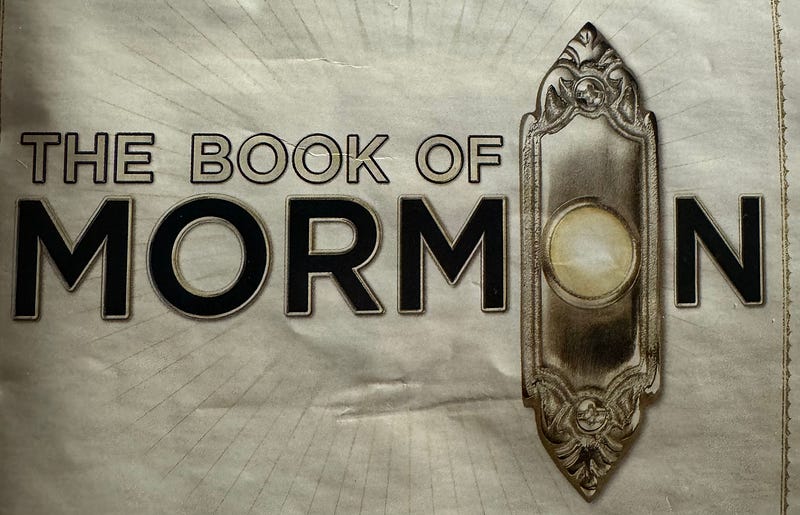‘The Book of Mormon’ Is a Musical for Mature Audiences Only
The Broadway production still filling theaters nearly fifteen years after its release
Seeing The Book of Mormon in 2025 is an interesting endeavor for a lifelong fan of South Park. As a spiritual successor to the season seven episode “All About Mormons,” the story behind the enduring, serial Tony Award-winning Broadway musical began all the way back in 1999 with Sout…
Keep reading with a 7-day free trial
Subscribe to The Gen Z Report to keep reading this post and get 7 days of free access to the full post archives.


